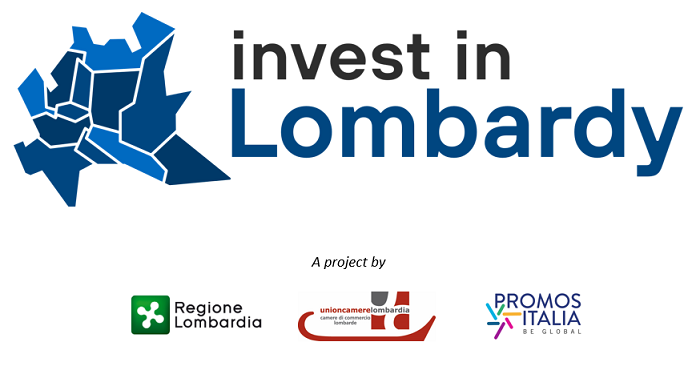China has paid a high environmental price for its economic increase: polluted air, contaminated land, uninhabitable areas, desertification and a serious crisis of water drinking.
Furthermore, increasingly more consumers in other areas of China also have been affected by such events and intend to drink bottled water for hygiene and safety.
The country has only about 6.5% of the renewable water resources of the planet to sustain one fifth of the world population. Due to the economic growth faster than freshwater supply, China’s water shortage has become much severer a problem. Chinese consumers see expensive (foreign labeled) consumer goods as trophies for their successes. They are embracing new economic ideas and habits, devouring goods that previously were unreachable, were impossible to achieve or forbidden. Because of these problems the personal tastes and preferences in China are changing for bottle water over municipal tap water.
In 2014, Coca-Cola Co. launched a socially responsible bottled-water brand in China that will fund projects to bring clean drinking water to schoolchildren in rural China. It’s Coke’s first initiative of its kind in any market. The brand is called Ice Dew “Chun Yue”, or Pure Joy, and a single serving bottle costs 32 U.S. cents, just slightly more than local products generally sell for. The brand targets Chinese millennials because they’re concerned about societal issues and share their views on social media.
BMC managing director of research, Gary Hemphill, during the November 2014 International Bottled Water Association (IBWA) Annual Business Conference in Dallas, Texas, points to bottled water’s growing share of the packaged beverage market.
“Every segment of the bottled water industry is growing and we consider bottled water to be the most successful mass-market beverage category in the U.S.”, he added.
Sales of bottled water in 2014 are expected to grow to $13 billion, an increase of 6.1% from 2013.
The Italian bottled water producers are still growing their presence in Europe but they are in need of better structured approach to foreign markets. Some of them are still too smaller and they are merging with other groups to optimize scale economy, as demonstrated by the recent acquisition: the Lombardy company Norda purchased a southern Italian group that was near bankrupt. However the margin in this industry sector are very low. Among the bottled water realities the Lombardy’s companies rank among the first. The region host 17 springs, owned by companies that received the regional govern license. All this groups are Italians.
Given the advanced bottling plant of Lombardy water groups and the economic crisis that reduce the will of the bank groups to allow further supports, the bottled water sector could take advantage from FDI investment aimed at expand the nationals companies and further exploit the resources.
- http://daxueconsulting.com/bottled-water-market-in-china/
- http://www.bottledwater.org/bottled-water-sales-and-consumption-projected-increase-2014-expected-be-number-one-packaged-drink http://www.reuters.com/article/2014/02/05/idUSnMKWMx6N2a+1e4+MKW20140205
- http://ilcmarkets.wordpress.com/2014/02/01/highlights-tapping-into-the-bottled-water-industry/


